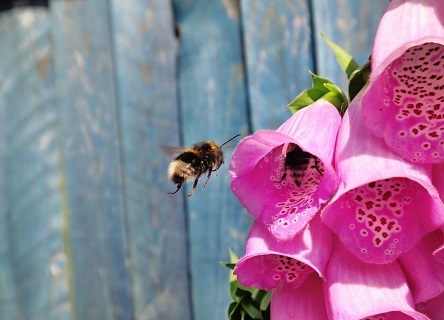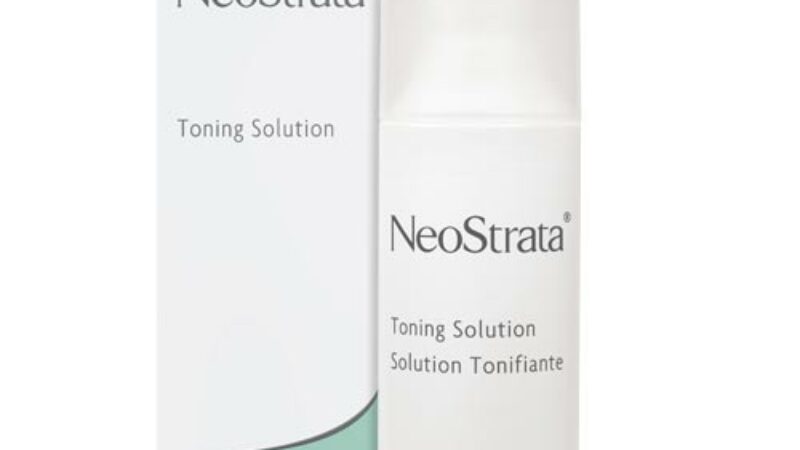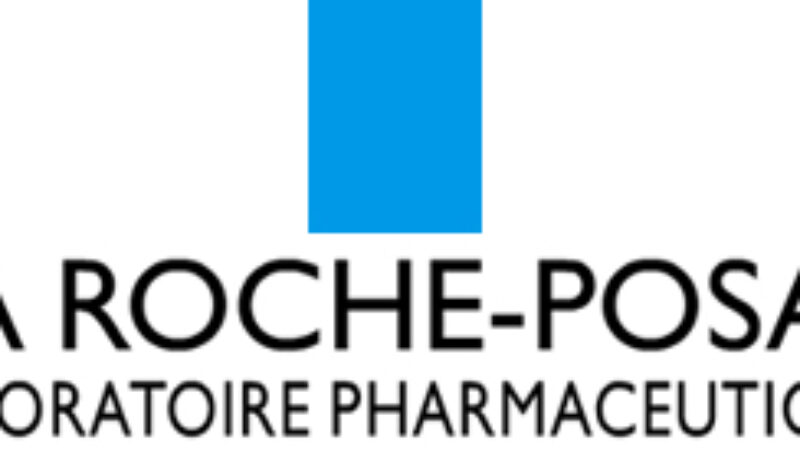As consumers continue to seek out more nature-sourced skin care products, cosmetic and dermaceutical companies are turning to the past in order to bring forward-looking and innovative products to market. Propolis may not yet be a household word but the Ancient Greeks, Romans and Egyptians were certainly familiar with it.
From the Greek words for “before the city”, propolis is a mixture of beeswax, sap and resin that bees use to seal the entrances to their hives. This “bee glue” is a natural antibiotic that shields the hive from parasites, bacteria and fungal growth.
Taking their cue from the bees, the ancient Greeks used propolis extensively for treating wounds, bruises and ulcers and to speed the healing of certain skin conditions. Propolis is also referenced in Jewish, Persian and Roman sources as being medicinal and therapeutic.
In modern times, propolis is used as an anti-aging ingredient thanks to its anti-inflammatory properties. Not only has it carved out a niche for itself in treating acne but also as part of a skin care regimen that harnesses its flavonoids and polyphenols. Current research suggests that much of the body’s ailments, including visible signs of aging, can be attributed to inflammation. Propolis, rich in anti-inflammatories and antioxidants, may be poised to become aging skin’s greatest ally. Although clinical studies are few and far between, interest is growing. After all, this wouldn’t be the first time that the humble bee has inspired cosmetic companies. Remember bee venom cream?
Ahem, the ancient Egyptians also used propolis as part of their embalming process. If it can help with preserving even a little of skin’s youthfulness, I wouldn’t count it out.




